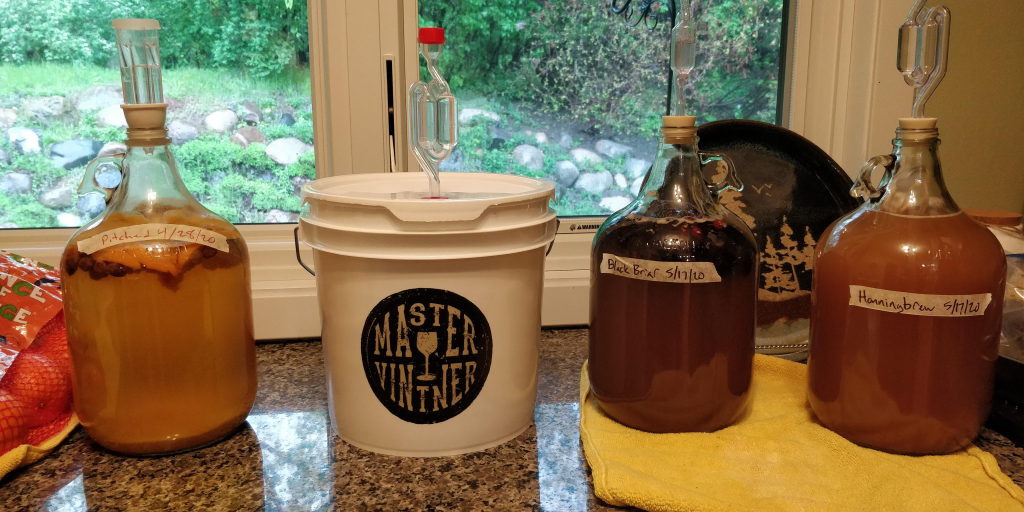Living with Attention Deficit Hyperactivity Disorder (ADHD) can be challenging, especially as an adult. However, with the right self-help resources, individuals with adult ADHD can take control of their lives and thrive. In this article, we will explore various self-help resources available for adults with ADHD and how they can make a positive impact. So let’s dive in!
- Understanding ADHD:
Before delving into self-help resources, it is crucial to understand what ADHD is all about. ADHD is a neurodevelopmental disorder characterized by persistent patterns of inattention, impulsivity, and hyperactivity that can interfere with daily functioning. It is essential to recognize the unique challenges faced by adults with ADHD and the impact it may have on their personal and professional lives.
- Setting Goals and Prioritizing:
One of the first steps in managing adult ADHD is setting clear goals and prioritizing tasks. ADHD individuals often struggle with distractions and easily feeling overwhelmed. By breaking down larger goals into smaller, manageable tasks and creating to-do lists, individuals can enhance focus and achieve their objectives. Utilizing tools like task management apps, digital calendars, or physical planners can help in maintaining organization and structure.

- Time Management Strategies:
Effective time management is vital for individuals with ADHD. Developing strategies such as creating routines, setting specific time blocks for different activities, and utilizing reminders can help individuals stay organized and on track. Breaking tasks into smaller increments, known as “chunking,” can also make them more manageable and reduce the feeling of being overwhelmed. Additionally, practicing mindfulness and incorporating regular breaks or relaxation techniques can contribute to increased focus and reducing stress levels.
- Lifestyle Changes:
Adopting a healthy lifestyle plays a significant role in managing adult ADHD. Regular exercise, a balanced diet, and sufficient sleep can positively impact focus, mood, and overall well-being. Engaging in physical activities like walking, jogging, or yoga can help in reducing hyperactivity and improving concentration. Additionally, reducing the intake of stimulants such as caffeine and incorporating brain-boosting foods like omega-3 fatty acids can further enhance cognitive functions.

- Support Networks:
Building a strong support network is essential for individuals with adult ADHD. Connecting with family, friends, or support groups can provide understanding, encouragement, and a safe space to share experiences. Online communities or local support groups specifically catered to individuals with ADHD can be valuable resources for discussing challenges, seeking advice, and receiving emotional support. Remember, you are not alone in this journey.
In conclusion, adult ADHD should not define who you are. With the right self-help resources, individuals with ADHD can embark on a journey of self-discovery, growth, and control. Understanding ADHD, setting goals, managing time effectively, adopting a healthy lifestyle, and seeking support are all crucial steps in managing adult ADHD successfully.











